Read more at https://thefederalist.com/2023/08/21/no-appointing-a-special-counsel-is-not-a-license-for-doj-to-obstruct-congress/

TRISTAN LEAVITT AND JASON FOSTER
MORE ARTICLES
The need for more public scrutiny of the Justice Department’s improper handling of the Hunter Biden case was already high following whistleblower revelations, the collapse of the sweetheart plea deal, and Attorney General Merrick Garland’s appointment of Delaware U.S. Attorney David Weiss as “special counsel.” Now, the Biden legal team has apparently released a trove of its emails with prosecutors to friendly press. These new revelations about Justice Department collusion with Biden family lawyers make it clear the two sides acted essentially as allies to kill the case, and it almost worked.
It is now more important than ever that Congress get serious about obtaining answers from the DOJ. Our client, IRS supervisor Gary Shapley, and IRS case agent Joe Ziegler both blew the whistle to Congress regarding five years’ worth of political favoritism, pulling punches, and conflicts of interest in the Biden case on Weiss’s watch. Since then, they’ve been threatened, retaliated against, and removed from the case.
On March 1, 2023, Garland swore to Congress that the buck stopped with Weiss alone in the Hunter Biden case. But the Justice Department’s actions directly undercut his claims. Just weeks later, DOJ headquarters officials granted an audience for Biden lawyers to appeal above Weiss’s head, and soon an unprecedented generous plea deal with the president’s son was offered as the whistleblowers were removed from the case. Only after that plea agreement fell apart in open court on July 26 did Garland finally give Weiss the “special” authority they both claimed this year he did not need.
U.S. Attorney Weiss was obviously the wrong choice for special counsel because IRS whistleblowers had already credibly alleged that his own office and he himself had given Biden preferential treatment and provided misleading information to Congress. With his appointment as special counsel, many across the political spectrum (including perhaps Garland) seemed to think that move somehow insulated the Justice Department from congressional questioning about the growing controversy. But it shouldn’t.
Nothing in the Constitution grants prosecutors or “special” or “independent” counsels immunity from congressional oversight — especially in this unprecedented situation where the special counsel himself is alleged to have committed wrongdoing. No matter how many insiders in the modern D.C. establishment assume otherwise, that does not make it true. Prosecutors wield immense power, and there must be a check against the abuse and selective use of that power.
Just because Congress chooses to defer to the Justice Department’s “ongoing criminal inquiry” excuse on some oversight inquiries does not mean it always must, or that the objection is based on any constitutional limit to the congressional power to investigate. Congress has frequently made the opposite judgment and successfully obtained information about ongoing criminal cases when needed for its oversight function.
In our previous combined 30-year careers on Capitol Hill, we personally led congressional probes related to ongoing law enforcement matters, including the Anthrax attacks, Operation Fast and Furious, Secret Service scandals, the Clinton email server, the Parkland school shooting, the Trump-Russia allegations, and many more. We have conducted transcribed interviews of officials from line attorneys and line agents up to the deputy attorney general. We obtained sensitive law enforcement information about ongoing matters in official briefings from senior officials, including the then-FBI director, as well as lawfully from executive branch whistleblowers without the knowledge or consent of their agency management.
And that’s just our personal experience. There’s also a long, well-documented history of extensive federal law enforcement oversight by Congress, even in ongoing cases. So it is simply uninformed and untrue to claim that constitutional oversight interest must yield to ongoing criminal matters. The truth is quite the opposite — especially when government misconduct is involved.
The Justice Department doesn’t even believe its own rhetoric on the sanctity of information about ongoing criminal cases. Its senior officials routinely leak information about ongoing cases to friendly media outlets with no consequence whenever it suits them — as they no doubt have done in this case. The same officials simultaneously and hypocritically claim they must stiff-arm legitimate congressional oversight to preserve the “integrity” of pending criminal matters. In reality, more forceful congressional oversight is exactly what’s needed to restore public faith in the integrity of how the DOJ handles high-profile criminal cases.
The appointment of Weiss and the controversies that led to it raise serious questions about Justice Department misconduct, and those questions need not be sidelined indefinitely in deference to the very process in need of scrutiny right now.
An Inadequate Regulatory Solution
The current “special counsel” designation is rooted in Justice Department regulations adopted under Attorney General Janet Reno in 1999 after Congress allowed the old “independent counsel” statute to lapse. That law had fueled sprawling inquiries from Iran-Contra to Whitewater by prosecutors overseen by a court rather than by the attorney general. Although that law ensured more independence than the current regulations, it led to excesses that eventually generated bipartisan opposition to renewing the statute.
The DOJ recognized conflicts of interest would still arise and threaten public confidence in its integrity. The special counsel regulations were meant to address that problem. However, attorneys general have only selectively followed portions of the regulations, choosing to ignore certain provisions when it suits them because there is no enforcement mechanism. For example, by appointing the current U.S. attorney from Delaware who has already been handling this case for five years, Garland chose to ignore the portion of the regulations that would require a special counsel be someone from outside the government. In light of the whistleblower testimony and the failed plea deal, that decision undermines public confidence in the inquiry rather than enhancing it.
Without any binding force of law, this type of special counsel status isn’t actually all that special. The named prosecutor actually just exercises the attorney general’s own statutory authority as delegated and described in the appointment order. Since Congress defines the scope of the attorney general’s statutory authority, it has every right to investigate how that authority is being used and whether the DOJ’s procedures are effective in preventing conflicts of interest.
Spoiler alert: They aren’t.
Studying whether to resurrect some form of the independent counsel statute or impose some portions of the special counsel regulations as a statutory requirement would be more than enough of a legislative purpose to justify enforcing subpoenas to the Delaware prosecutors. Add to that evidence of misleading testimony and letters to Congress about the scope of Weiss’s authority, and the case for compelled testimony and document production is already very strong — even without any formal impeachment inquiry into the officials involved.
Statutes Recognize Congressional Access
To hear some people talk, you’d think Congress must inevitably yield to the interests of any criminal inquiry and defer to any prosecutor’s discretionary whim with no public accountability. This is the unstated assumption of those who eagerly embrace lawfare against domestic political opponents through the criminal process. It is uncritically adopted too often by people who should know better.
The law recognizes, however, that insulating ongoing criminal cases from public scrutiny by elected officials is not the prime goal of government. The presidential pardon power is the ultimate example of this principle, but it can also be seen in several statutory provisions that recognize: The congressional need for information to fulfill its constitutional duties can trump the interests of preserving a criminal case.
As Iran-Contra Independent Counsel Lawrence Walsh noted:
The legislative branch has the power to decide whether it is more important perhaps to destroy a prosecution than to hold back testimony they need. They make that decision. It is not a judicial decision, or a legal decision, but a political decision of the highest importance.
He should know. Oliver North’s famously immunized testimony before Congress eventually led to Walsh’s conviction of North being overturned on appeal.
The statutory procedure for Congress to obtain an order granting immunity for witness testimony is set out at 18 U.S.C. § 6005 and implicitly anticipates sharing information about ongoing criminal matters with Congress. The law requires that the attorney general receive 10 days prior notice of the request and allows a delay of up to 20 days, but it does not allow the attorney general to block the order. The notice and delay period merely enable consultation, during which the attorney general would presumably need to share information about any ongoing criminal inquiry if there were any hope of persuading Congress to abandon its plan to immunize the witness.
Similarly, statutes like 26 U.S.C. § 6103(f)(5) (“Disclosure by whistleblower”) explicitly authorize protected disclosures of otherwise confidential tax return information to certain committees of Congress without regard to whether it’s related to an ongoing criminal inquiry. If not for this provision, Congress may never have learned about improprieties in the Hunter Biden case reported by the IRS whistleblowers. Whistleblower statutes such as 5 U.S.C. § 2302 and § 2303 also protect disclosures to Congress by law enforcement personnel at other agencies, including the FBI.
A Long History of Precedents
Congress has many times obtained testimony and documents from prosecutors involved in active probes, including deliberative prosecutorial memoranda. Below are just a handful of the dozens from the past century.
Palmer Raids: In 1920 and 1921, Congress investigated Attorney General Mitchell Palmer’s raids on suspected communists, and Palmer testified in public House and Senate hearings regarding deportation cases open on appeal.
Teapot Dome: The next year, Congress opened investigations into the Teapot Dome scandal. After Congress investigated for approximately a year and a half suspicious financial transactions surrounding the Interior Department’s disposition of oil and gas leases, it eventually became clear that an equally big problem was the Justice Department’s failure to prosecute wrongdoers.
When Congress began discussing the need for a special counsel to take prosecutions out of the hands of the Justice Department, President Calvin Coolidge attempted to get ahead of the issue by indicating on Jan. 27, 1924, his intent to nominate two such special counsels (a Republican and a Democrat). Congress adopted a joint resolution requiring that the president appoint the special counsels — subject to confirmation by the Senate. After rejecting the first two nominees, the Senate confirmed two others in mid-February 1924.
Congress did not wait for the newly confirmed counsels to finish their work. On March 1, 1924, the Senate established its own select committee to investigate the same prosecutorial decisions for which the special counsel now had jurisdiction. Its goal was to probe the Justice Department’s prosecutorial decisions and find cases that could still be prosecuted. It interviewed dozens of Justice Department attorneys — including about open cases — and obtained investigative records and prosecutorial memoranda.
When Attorney General Harry Daugherty’s brother refused to testify on the grounds that he was a private citizen, the case rose to the Supreme Court. The 1927 decision in McGrain v. Daugherty “sustain[ed] the power of either house to conduct investigations and exact testimony from witnesses for legislative purposes.” In this case, it noted, “[T]he subject to be investigated was the administration of the Department of Justice — whether its functions were being properly discharged or were being neglected or misdirected, and particularly whether the Attorney General and his assistants were performing or neglecting their duties in respect of the institution and prosecution of proceedings to punish crimes and enforce appropriate remedies against the wrongdoers, specific instances of alleged neglect being recited.”
But what legislative purpose could come from investigating open cases? The court answered:
The functions of the Department of Justice, the powers and duties of the Attorney General, and the duties of his assistants are all subject to regulation by congressional legislation, and … the department is maintained and its activities are carried on under such appropriations as, in the judgment of Congress, are needed from year to year.
The Supreme Court also reaffirmed in this case Congress’s inherent power to punish witnesses who refused to provide testimony. The court noted in Daugherty:
The power of inquiry — with process to enforce it — is an essential and appropriate auxiliary to the legislative function. … Mere requests for … information often are unavailing, and also that information which is volunteered is not always accurate or complete, so some means of compulsion are essential to obtain what is needed.
Two years later, another subject of the investigation, Harry Sinclair, argued before the Supreme Court that because the joint resolution signed into law on Feb. 8, 1924, gave a special counsel jurisdiction to investigate his affairs, Congress has ceded its own such jurisdiction to the courts. The court held in Sinclair v. United States: “Neither [the] Joint Resolution … nor the action taken under it operated to divest the Senate or the committee of power further to investigate. … The authority of that body, directly or through its committees, to require pertinent disclosures in aid of its own constitutional power is not abridged because the information sought to be elicited may also be of use in [the prosecution of pending] suits.” The court upheld Sinclair’s punishment for contempt of Congress.
Special Subcommittee to Investigate the Department of Justice: In early 1952, the House established a select committee of the Judiciary Committee to investigate (among other things) the Justice Department’s failure to enforce federal tax fraud and bribery laws. Around the same time, the attorney general appointed a “Special Assistant to the Attorney General,” Newbold Morris, to investigate the same matters.
Morris was fired by the attorney general just 63 days later and thus did not testify before the subcommittee until a week after his removal. However, in its overall review of the Justice Department’s failure to prosecute cases, the subcommittee went on to interview a sitting assistant U.S. attorney and the appellate chief of the Justice Department’s Tax Division, as well as several members of a St. Louis grand jury.
Church Committee: In January 1975, revelations emerging from Watergate — that the executive branch has used intelligence agencies to conduct domestic operations — led to the Senate establishing a select committee that came to be known for its chairman, Sen. Frank Church. The 800-plus witnesses interviewed over the next year included a host of Justice Department officials, from the attorney general down to an assistant section chief at the FBI. Meanwhile, the House Judiciary Subcommittee on Civil and Constitutional Rights also held hearings with sitting DOJ officials.
Billy Carter: In July 1980, the Senate established a select committee of its Judiciary Committee to investigate the relationship between President Jimmy Carter’s brother, Billy Carter, and the government of Libya, as well as whether the Justice Department had properly handled an investigation into that relationship and a decision to proceed civilly rather than with criminal prosecution.
The attorney general, the assistant attorney general over the Justice Department’s Criminal Division, and three deputy assistant attorneys general all provided testimony to the subcommittee. The department also provided prosecutorial memoranda, correspondence with the defendant, and other investigative reports and interview summaries.
ABSCAM: In late-March 1982, the Senate established a select committee to study Justice Department domestic undercover operations. The committee conducted interviews of a host of department witnesses, including line-level attorneys on Brooklyn’s Organized Crime Strike Force.
Recognizing that their preferences had to bow to constitutional oversight realities, Justice officials wrote to the select committee on July 15, 1982: “[T]he Department does not normally permit Strike Force attorneys to testify before congressional committees. … [W]e have traditionally resisted questioning of this kind because it tends to inhibit prosecutors from proceeding through their normal tasks free from the fear that they may be second-guessed, with the benefit of hindsight, long after they take actions and make difficult judgments in the course of their duties.”
In a statement that applies to all investigative interviews, the DOJ added that it would produce line-level attorneys “because of their value to you as fact witnesses and because you have assured us that they will be asked to testify solely as to matters of fact within their personal knowledge and not conclusions or matters of policy.” The department also produced more than 20,000 pages of documents, including prosecutorial memoranda. The House Judiciary Subcommittee on Civil and Constitutional Rights conducted a similar investigation, also receiving access to confidential DOJ documents.
E.F. Hutton: In 1985 and 1986, the House Judiciary Subcommittee on Crime investigated the Justice Department’s conclusion of a plea agreement with stock brokerage firm E.F. Hutton. Hutton pleaded guilty to 2,000 counts of felony mail and wire fraud in May 1985, yet the department immunized a number of witnesses and ultimately charged none, instead simply requiring the payment of a $2 million fine and other conditions. The Justice Department produced a prosecutorial memorandum to the subcommittee.
Iran-Contra: On Jan. 6 and 7, 1987, the Senate and House, respectively, established select committees to investigate arms sales to Iran and the diversion of funds to Contras in Nicaragua. The two chambers then merged their investigations and hearings. The investigators had approximately 500 depositions and other interviews, from the attorney general down to the lowest-level Justice Department officials with knowledge of the case. Despite initial protests by the department that producing documents might prejudice pending or anticipated litigation by the independent counsel, the 1 million-plus pages of documents obtained by the committees included the documents they sought from the DOJ.
Ruby Ridge: In 1995, the Senate Judiciary Subcommittee on Terrorism, Technology and Government Information investigated the Justice Department’s conduct preceding and during the siege of Randall Weaver’s home at Ruby Ridge, Idaho. The subcommittee interviewed line witnesses and agents, the U.S. attorney for the District of Idaho, and other department officials.
Operation Fast and Furious: Beginning in 2011, we led Sen. Chuck Grassley’s investigation for the Senate Judiciary Committee into the Bureau of Alcohol, Tobacco, Firearms and Explosives’ Operation Fast and Furious, where the gunwalking of more than 2,000 firearms contributed to the murder of U.S. Border Patrol Agent Brian Terry. We interviewed line officials, the U.S. attorney for the District of Arizona, and the chain of command in ATF and into the Justice Department, all while the prosecutions and appeals of various individuals charged in the operation were ongoing.
Congress Must Act
Given all this history and our personal experience in congressional oversight of federal law enforcement, it is frustrating to see even some members of Congress uncritically assume that their authority ends where a criminal inquiry begins.
It does not.
While it is clearly not a prerequisite to obtaining Justice Department testimony or documents in pending matters, several of the investigations above began with the body voting to establish a select committee. The current House has the added advantage of having already empaneled the Select Subcommittee on the Weaponization of the Federal Government and tasked it with looking into the expansive authority vested in the executive branch to investigate citizens of the United States, “including ongoing criminal investigations.” Surely an example like this where that expansive authority was not used against the president’s son in the same aggressive ways it has been used in others is worthy of investigation.
By providing hundreds of emails between the Biden camp and the Justice Department to friendly press outlets, either Hunter Biden’s legal team or the Justice Department has waived any claim of confidentiality. Congress should subpoena those communications immediately and let the public read them in full rather than relying on selected snippets chosen for curated narratives.
We aren’t suggesting that enforcing Congress’s constitutional right to information on pending criminal inquiries will be easy. It will take work and a shift in mindset away from relying on the executive branch or the courts to vindicate legislative branch oversight prerogatives. Congress must rely on its own constitutional powers — inherent contempt, the power of the purse, and impeachment — to be an effective check and balance on executive power once again.
Tristan Leavitt is the president of Empower Oversight. Jason Foster is the founder and chair of Empower Oversight.


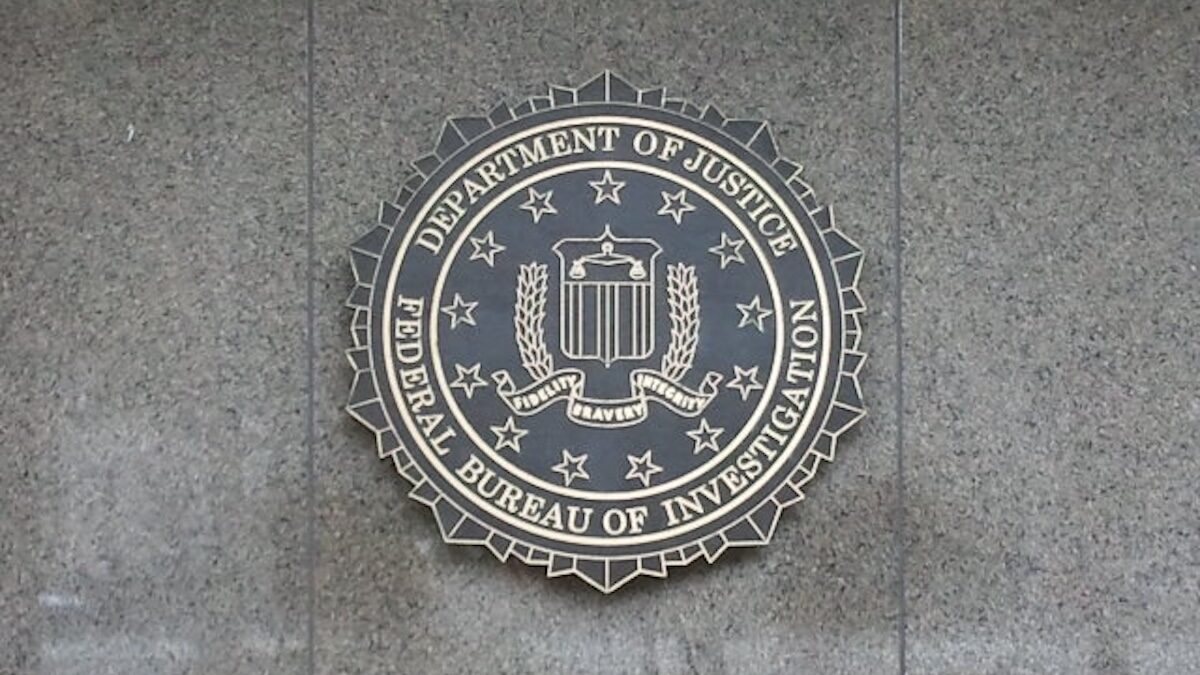



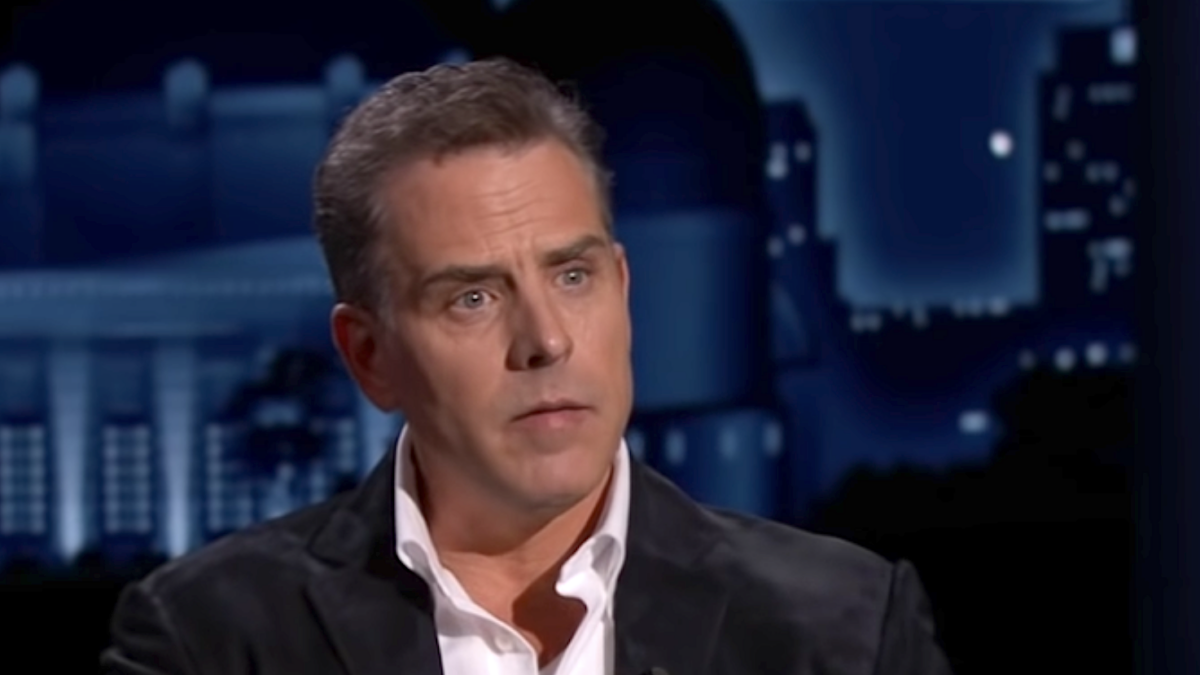
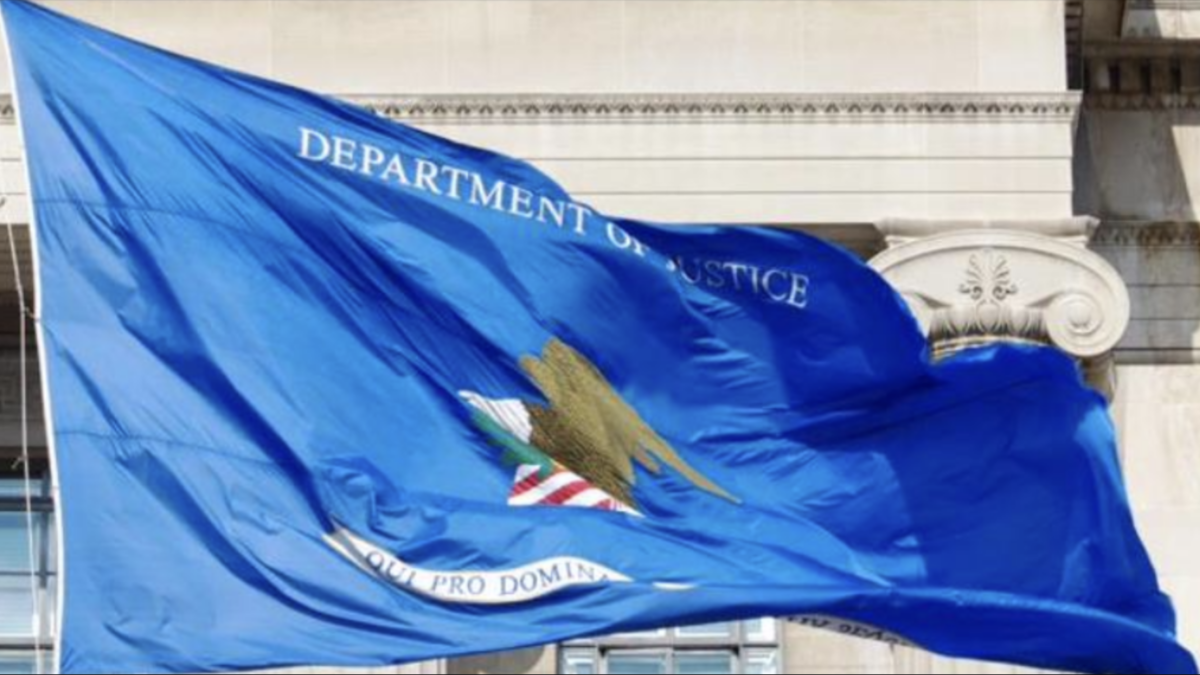
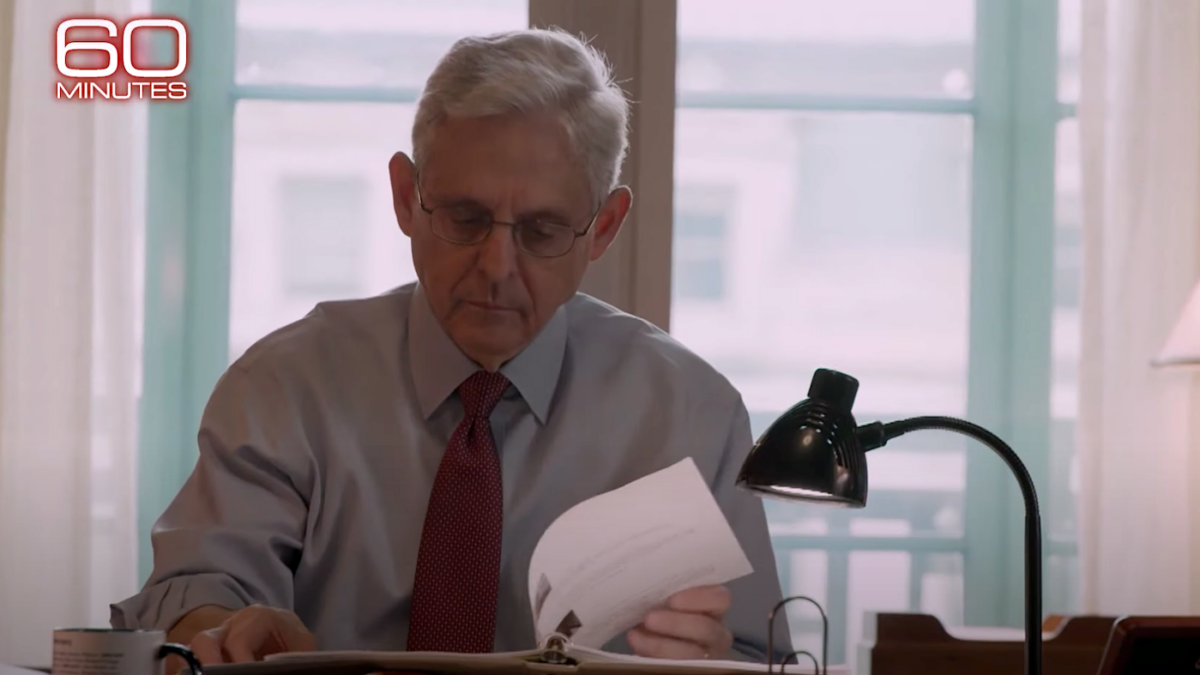
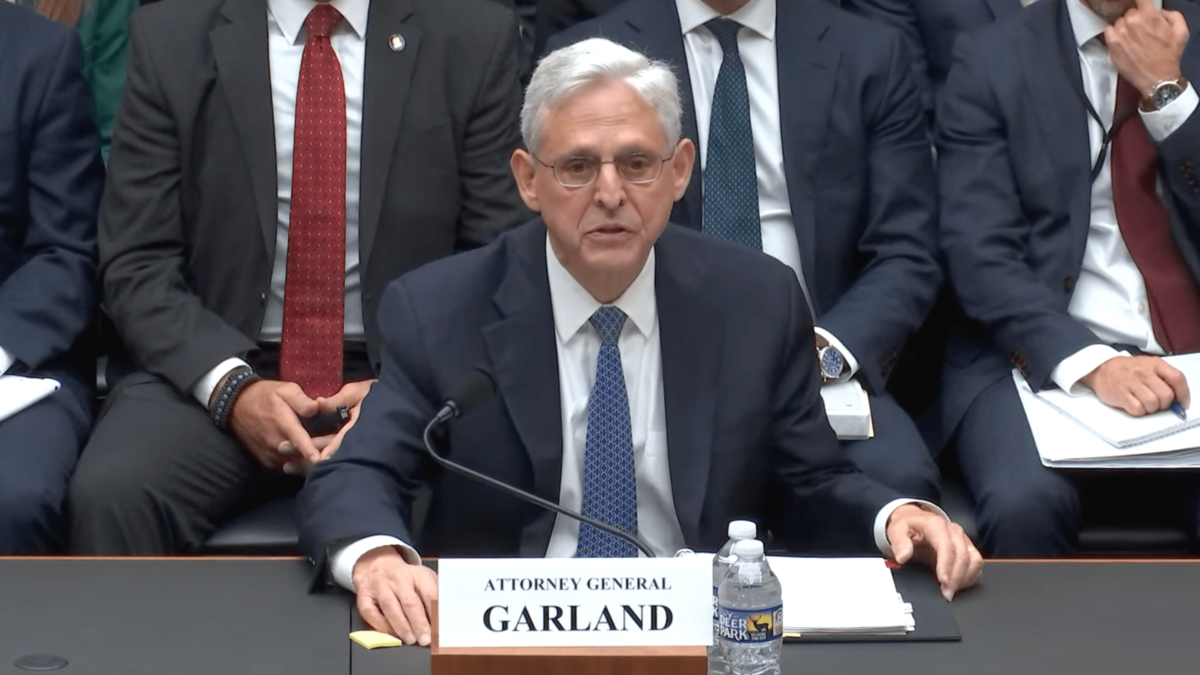


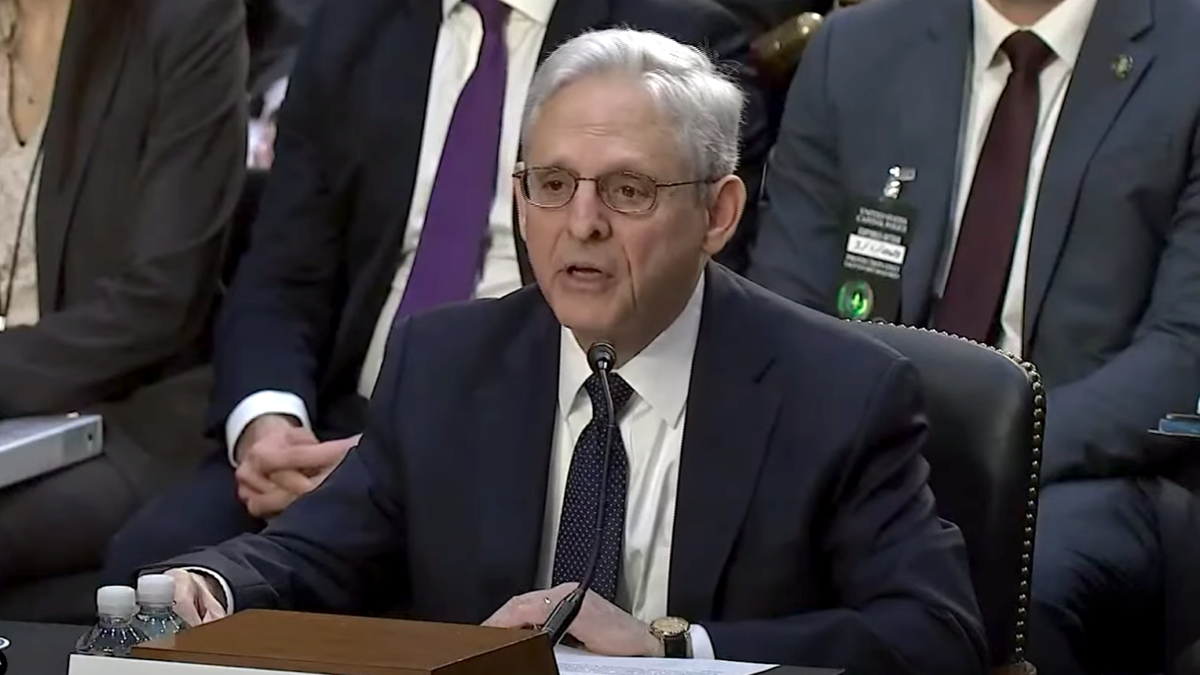
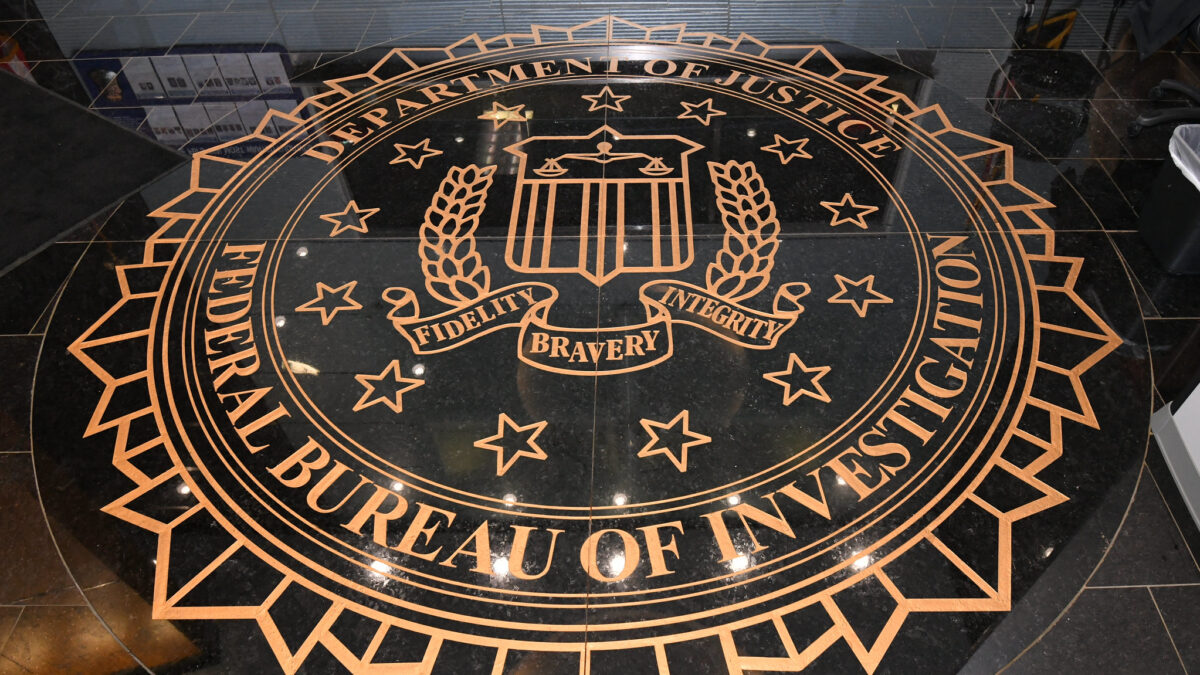
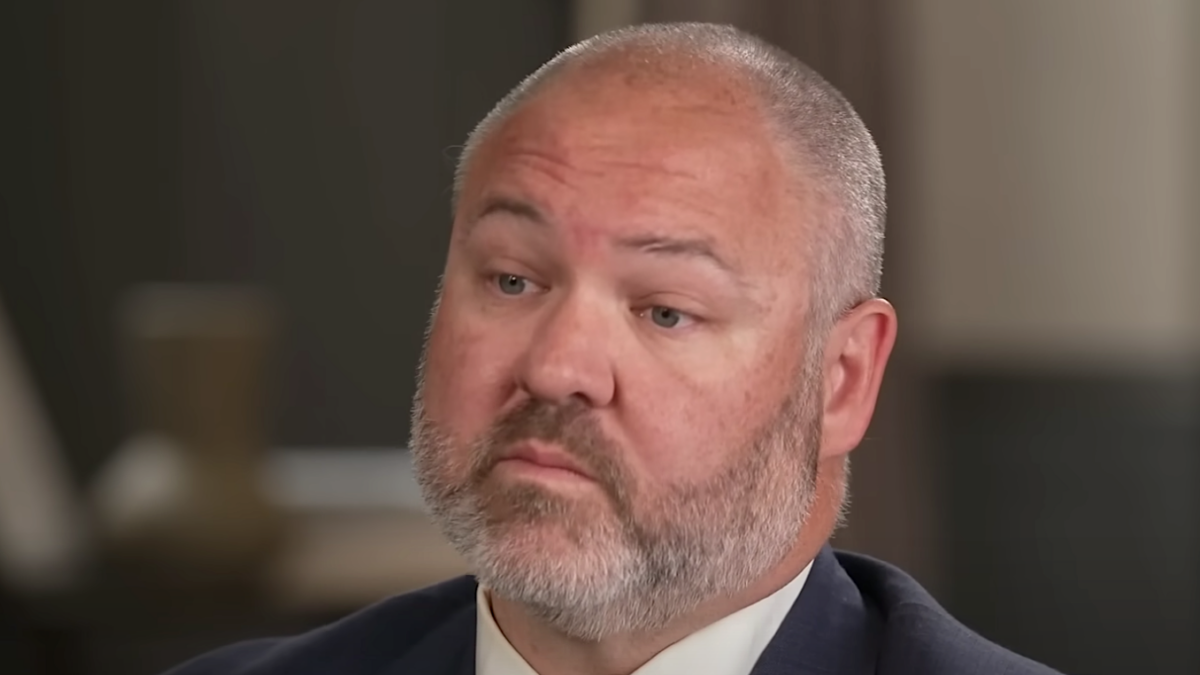

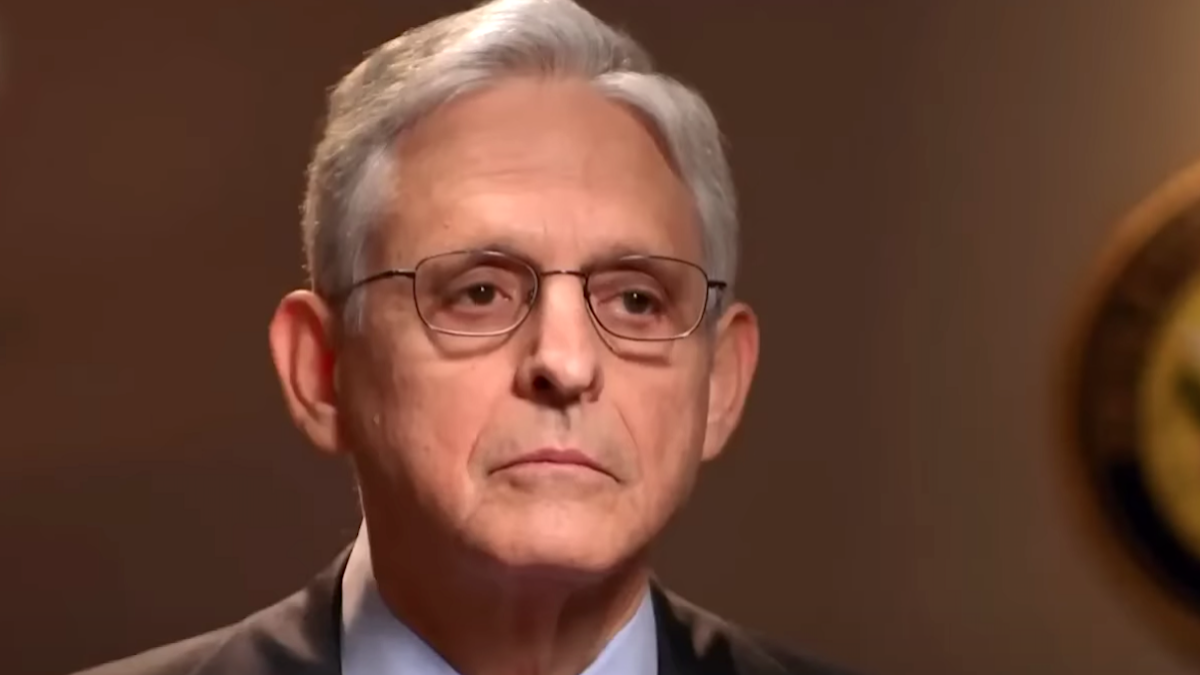

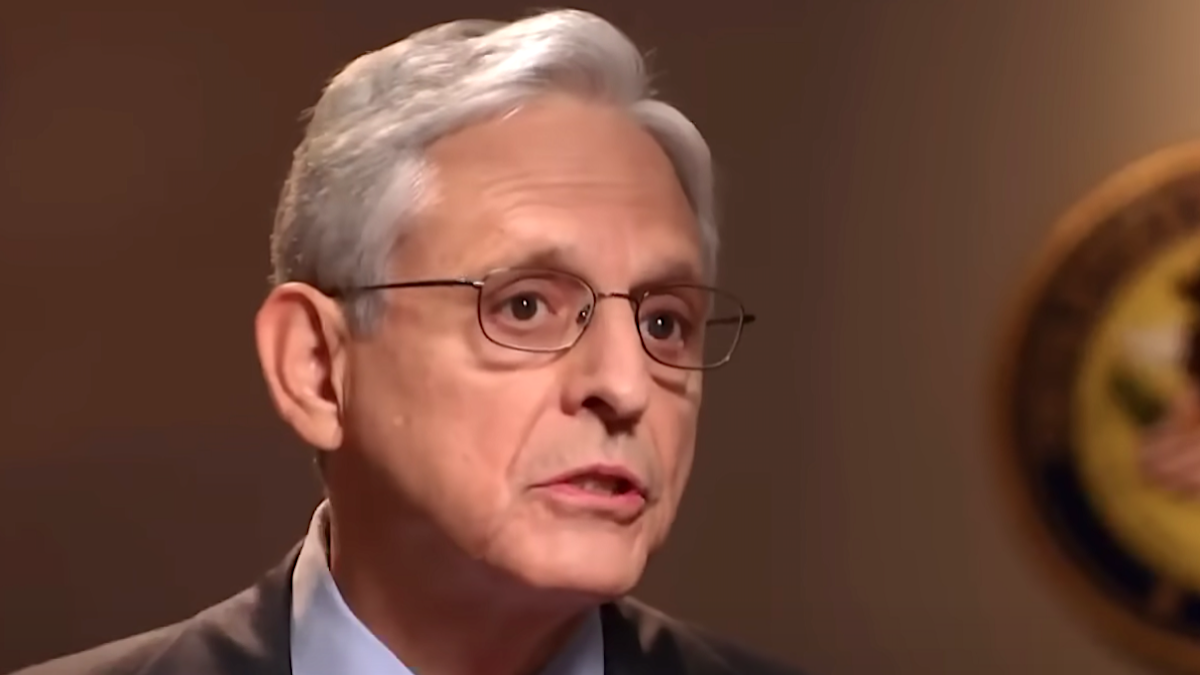
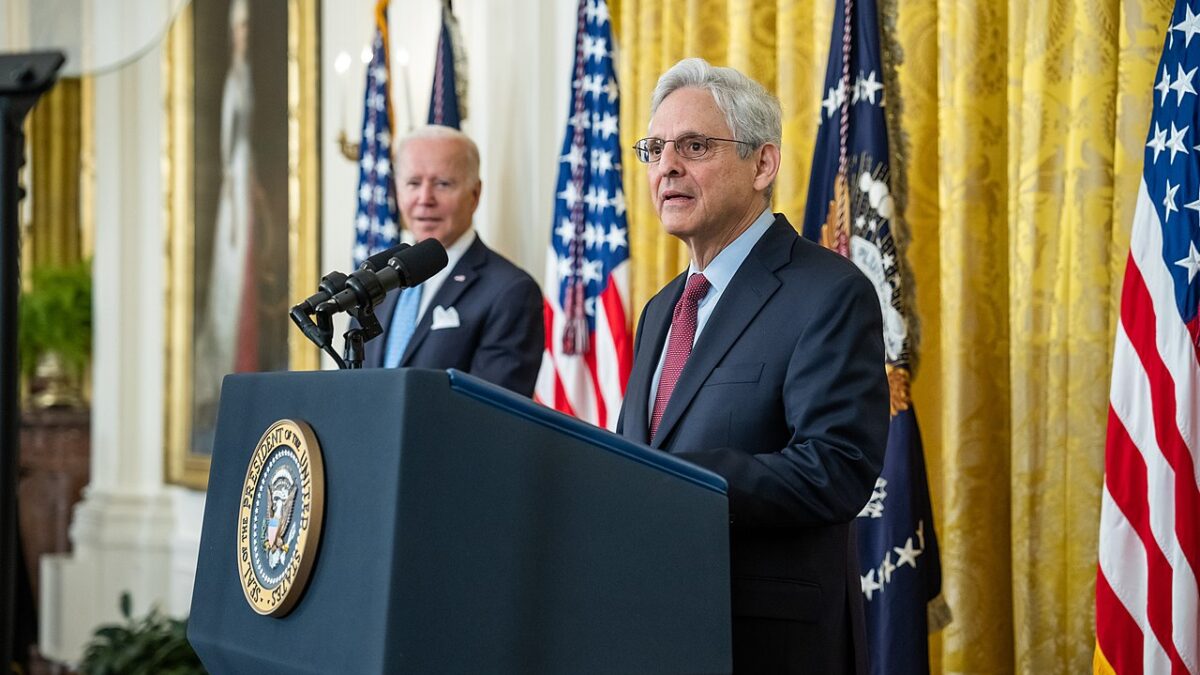
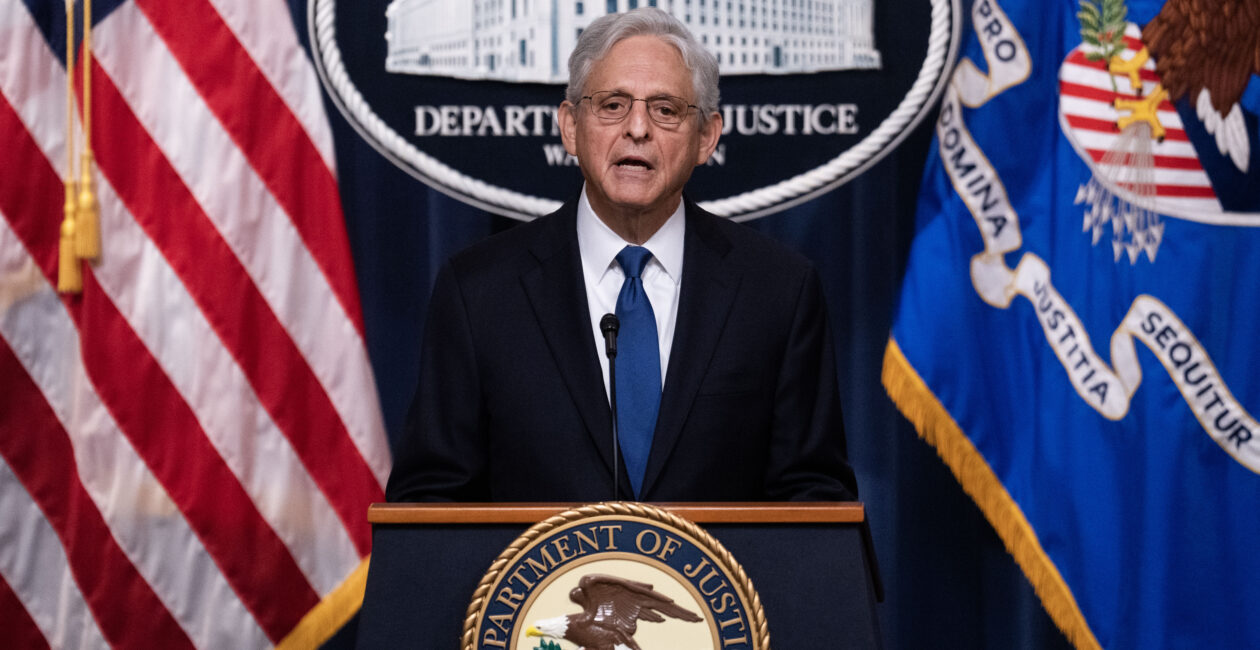

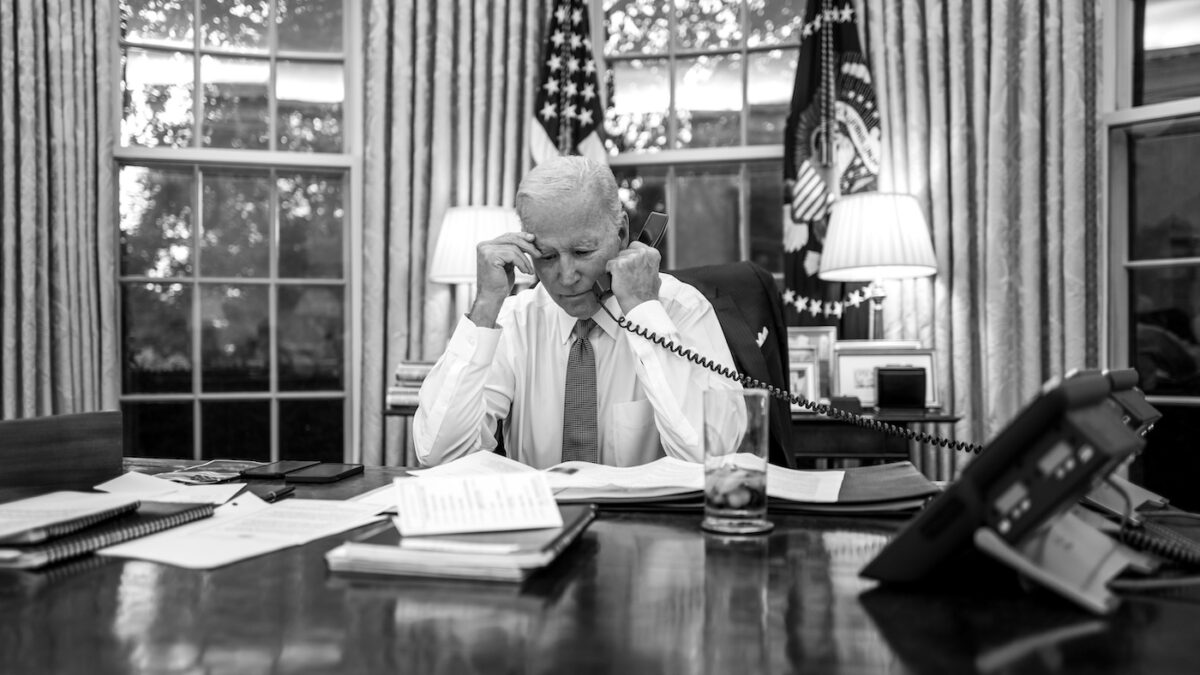
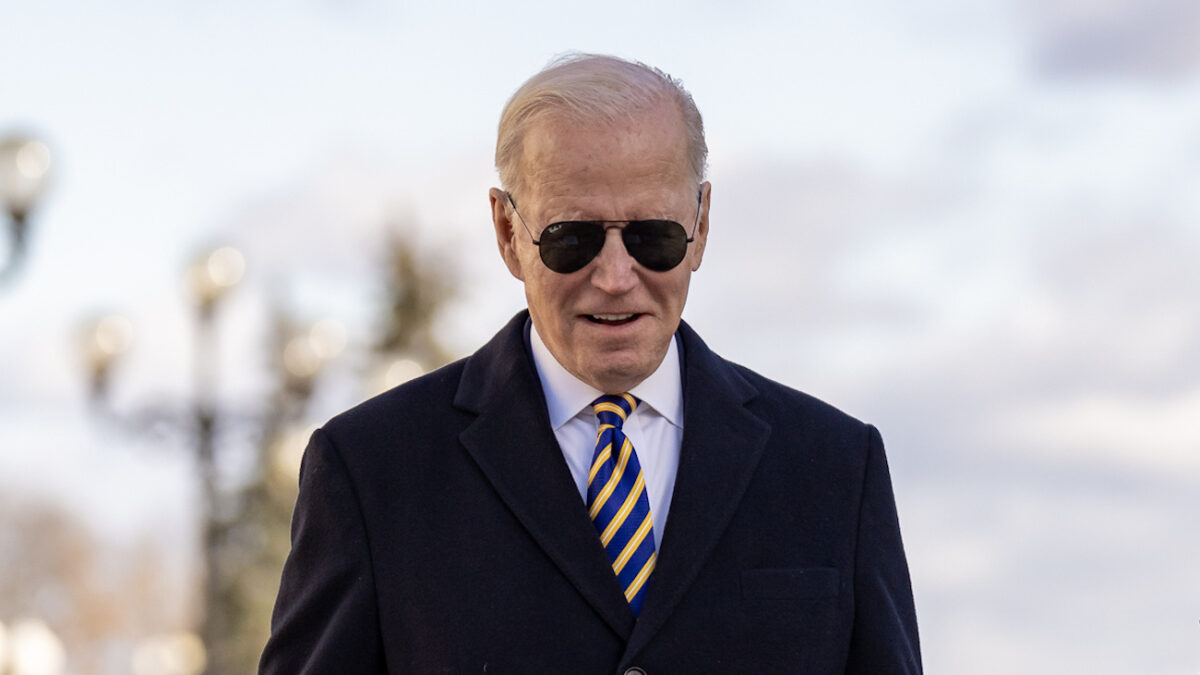

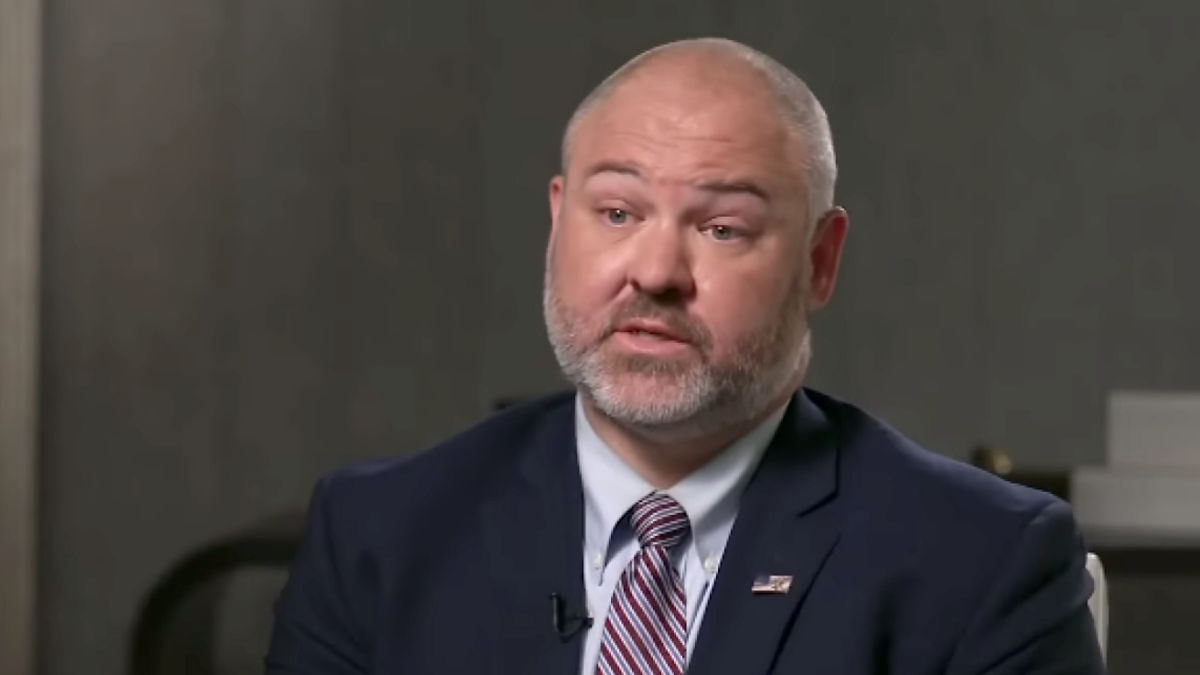
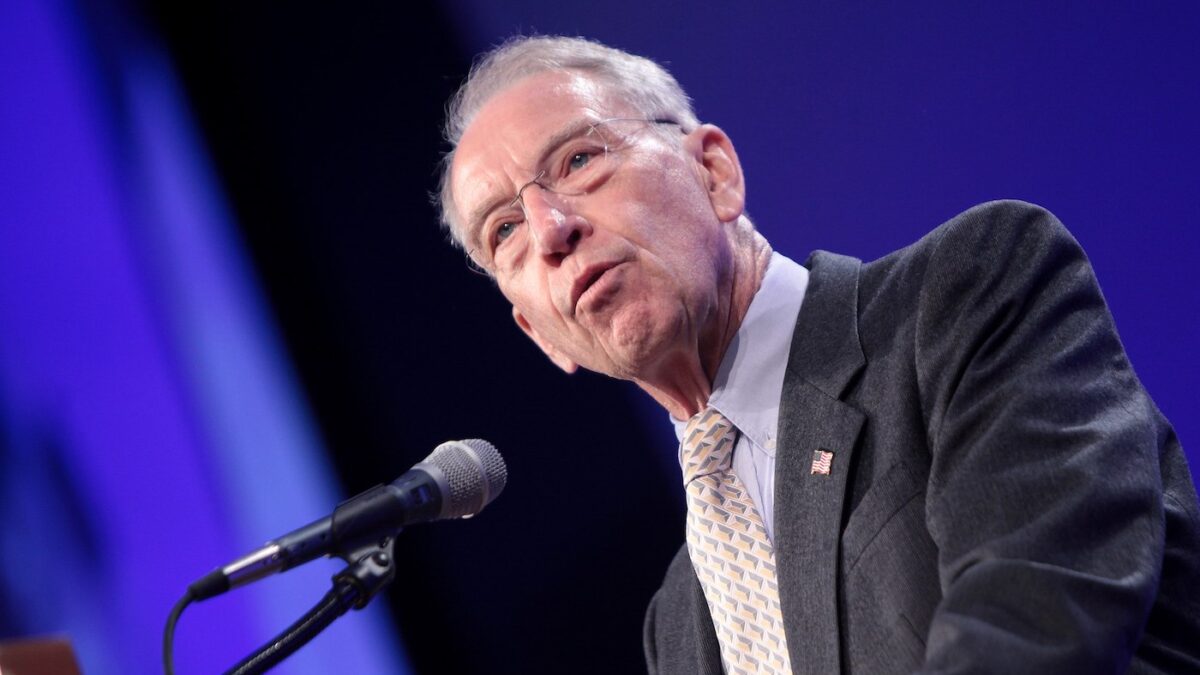
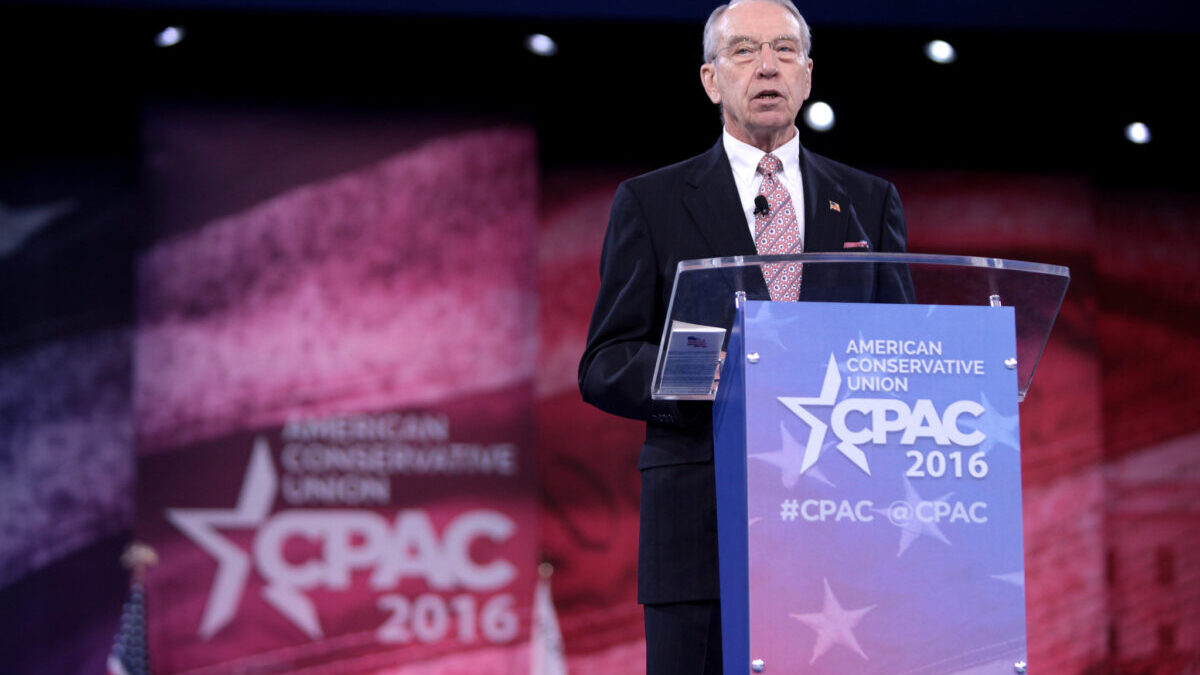

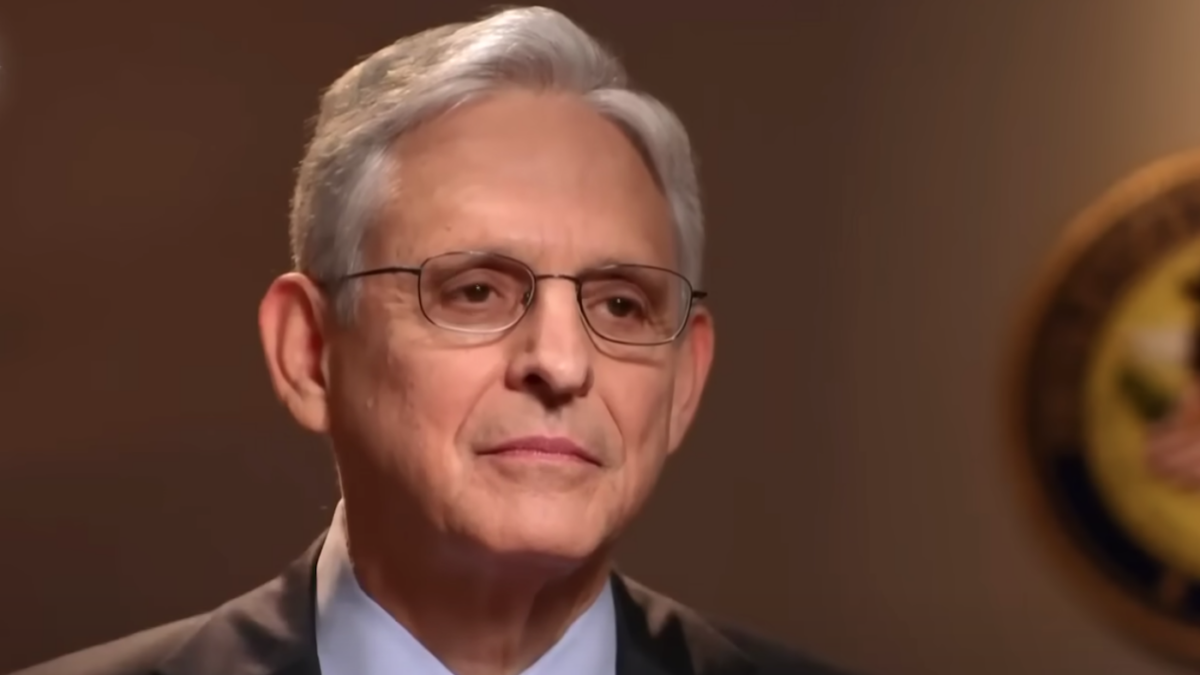
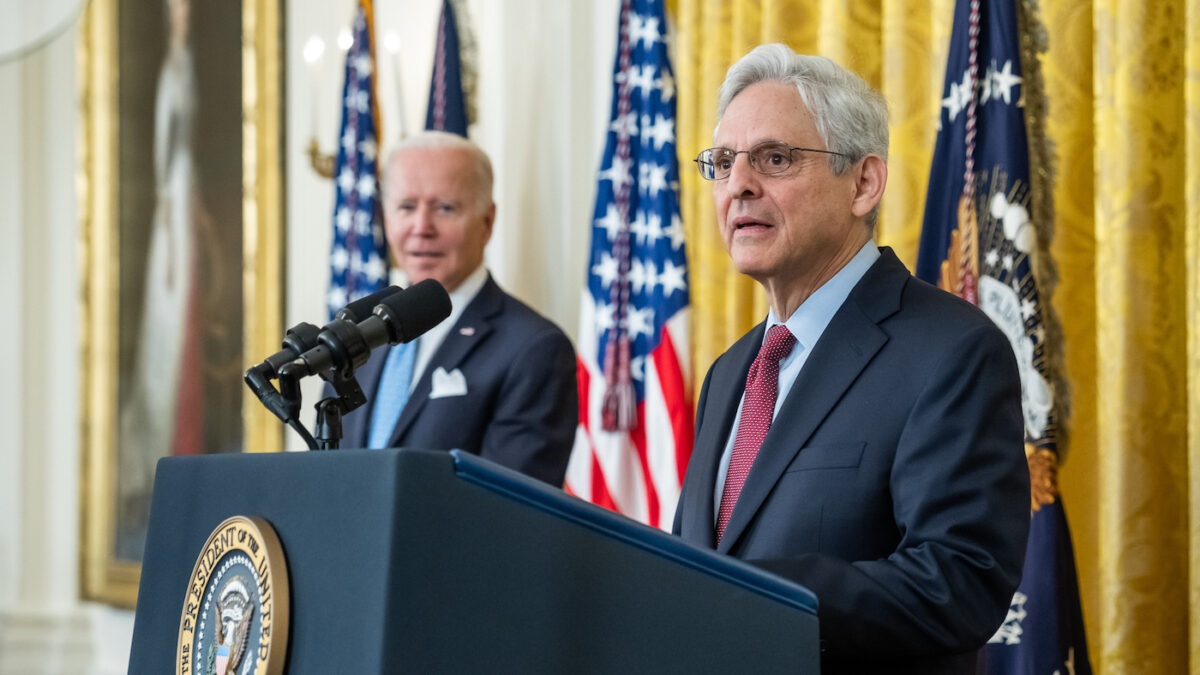

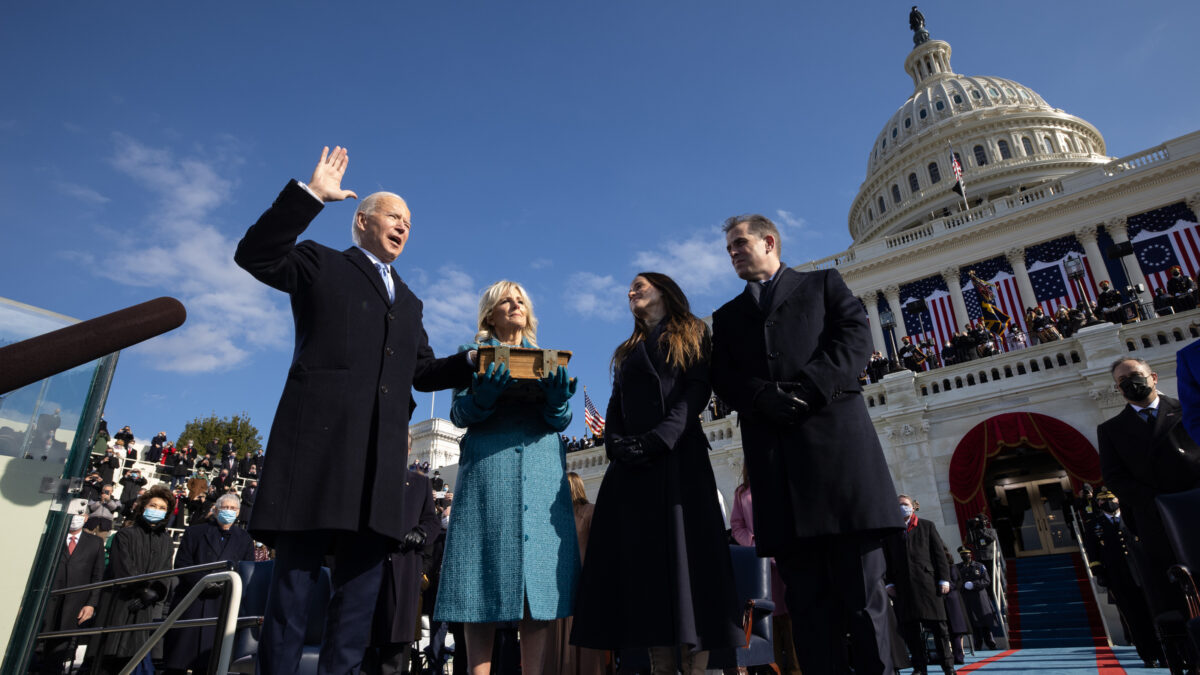
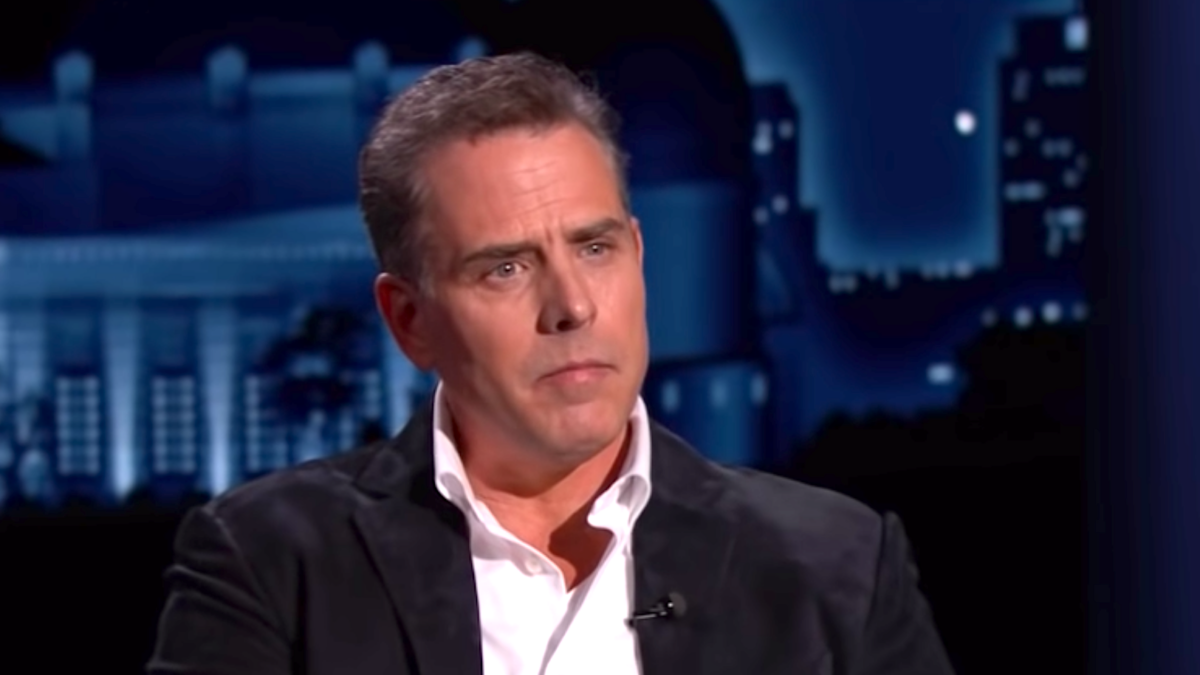
You must be logged in to post a comment.